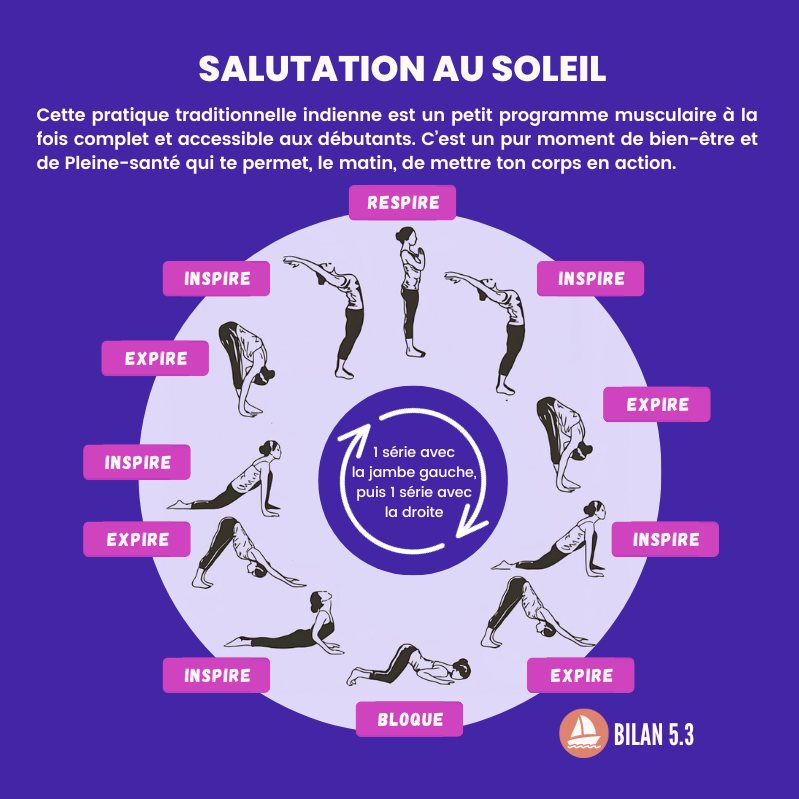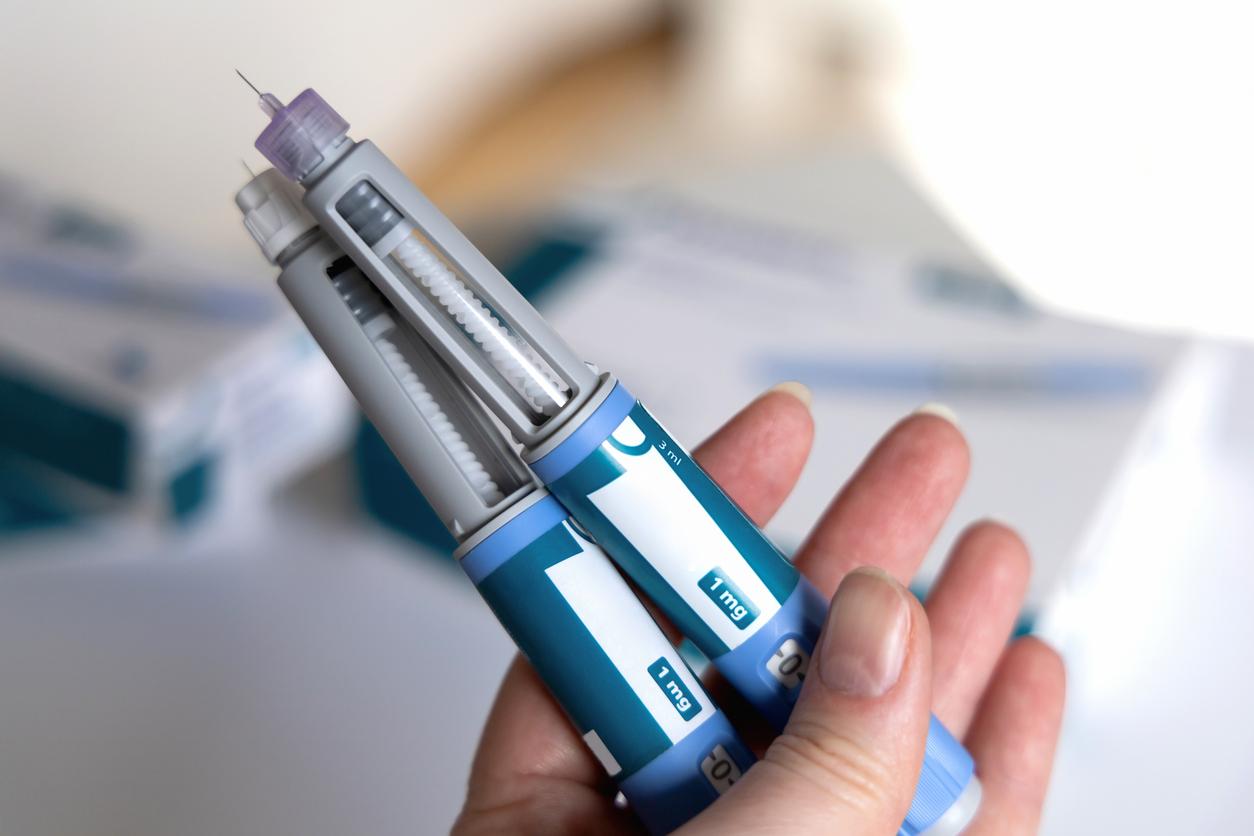Numerous studies have already pointed to the toxic effects on health of artificial light, and in particular blue light. Sleep disorders, vision disorders, increased risk of breast or thyroid cancer, artificial light at night (windows and lampposts on, car headlights, etc.) is responsible for disruption of our biological clock, which can cause these health problems.
A new Chinese study reveals that people who live in areas that are constantly lit at night have higher blood sugar levels and react less well to insulin, the hormone that controls blood sugar levels. This study, which was carried out on more than 98,600 people, shows that people whose biological clocks are disturbed by artificial light have a 28% higher rate of diabetes than those least exposed.
Light disrupts pancreatic cells
Researchers from Shanghai Jiaotong University in China tracked people living in 162 different areas, before dividing them into five groups based on their exposure to light. The light intensity for the 20% of people with the most light exposure was 69 times greater than that of the people with the least light exposure.
The results, published in the journal Diabetologia, indicate that beta cells in the pancreas of people living in areas with more exposure to artificial light at night functioned less well. The proper functioning of these cells is essential to produce insulin and control blood sugar. “People living in cities are more likely to drift away from the 24-hour day-night rhythm towards a pattern of work, late nights out and exposure to artificial light at night. It is therefore essential to assess the “Importance of nocturnal artificial light linked to diabetes, in order to put in place effective prevention strategies” underline the authors of the study.
Source :Outdoor light at night in relation to glucose homoeostasis and diabetes in Chinese adults: a national and cross-sectional study of 98,658 participants from 162 study sitesDiabetology, November 2022

















